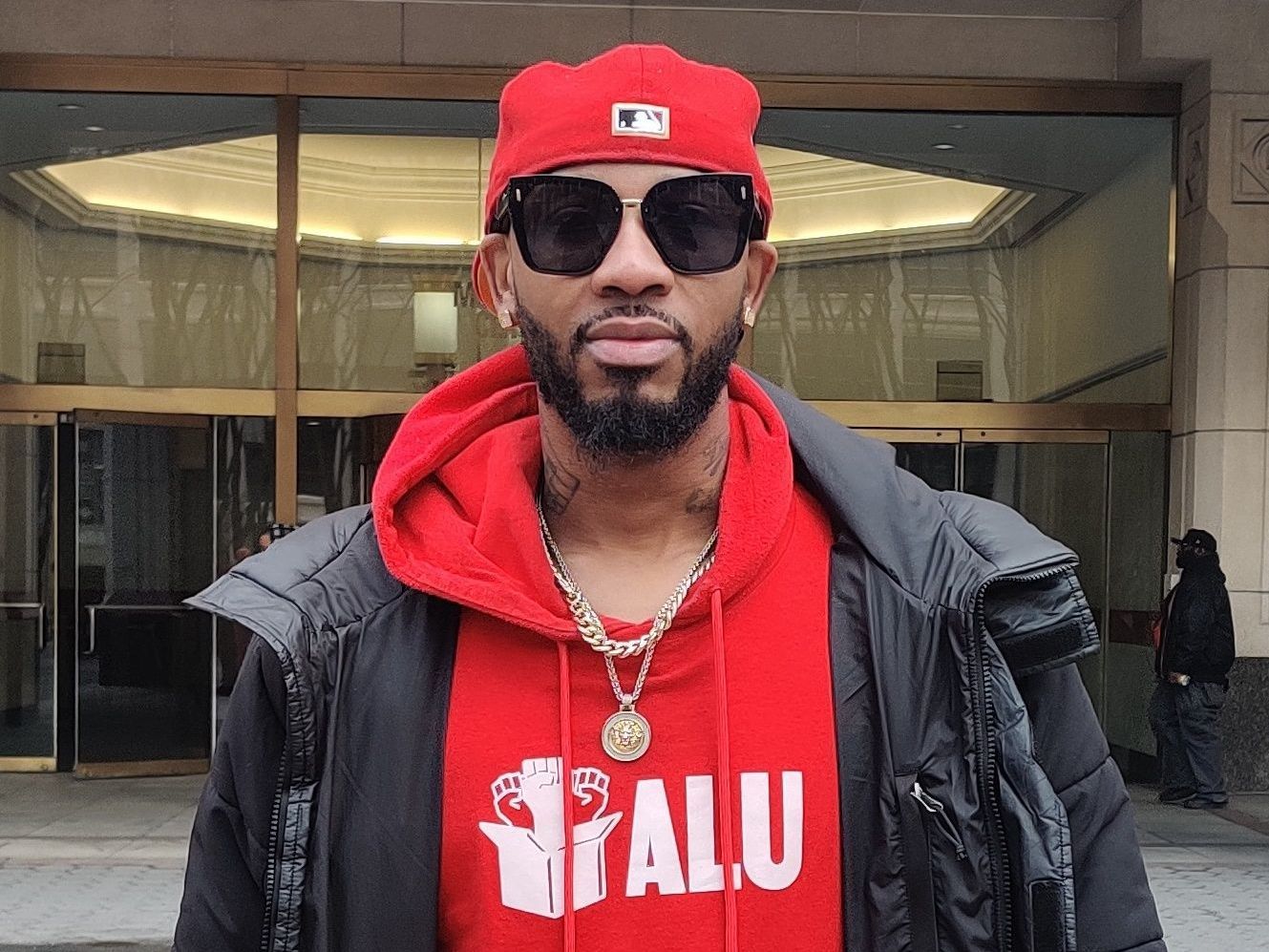5 Reasons Why Travel is Important for Personal Development
For many people, travel can be an important part of personal development. When we stay in our own comfort zone, in contexts we’ve always known, it’s easy to not change much on the inside.
But new experiences, whether they’re new relationships, new vocational or educational adventures, or exposure to new environments can all prompt us to step outside our comfort zone and, there, to grow and change. In this article, we’ll visit in more detail a few of the reasons why travel is important for personal development.
1. Travel helps us “find” ourselves
One of the most common ways that people report travel is important for them is in the way that travel helped them explore their own identity. Solo travel is particularly helpful for this kind of identity-formation personal development. “Who we are” or, at least, who we think we are, is often shaped by the people and the systems that we spend time with, and the ways that those people and systems expect us to think, act, and be.
Many travelers who have the opportunity to travel and experience life outside of these expectations find that they return home a little bit different, having experienced important personal development and their understanding of “who they are” during travel.
Even in group or student travel, people can access this benefit of travel. Without the expectations of people who have known you for years, you have the opportunity, within a new travel group, to present yourself in whatever way feels true to yourself – it can even be an opportunity to experiment with living openly into an aspect of your identity you might minimize back home.
2. Travel is important because it helps us develop a global worldview
Even though many of us will spend our lives in the same country, state, or even city that we grew up in, we increasingly live in a globalized world. Choices made by a government on the other side of the globe impact us. Environmental disasters that affect a people group thousands of miles away have repercussions that will reach us. Even though most of us have some awareness of this, travel can help us identify with places we visited and have a greater imagination to understand problems that affect unfamiliar people and cultures. As the world continues to globalize, travel will continue to be an important part of developing a global worldview and awareness.
Human nature tends to prompt us to think first about “me and mine” – or how problems might impact us and the people that we love. Taking the opportunity to travel is important – especially when we are students or adult learners learning about complex global issues- because it helps us move beyond focusing on how issues might impact “us” personally, to thinking about how issues might affect “us” globally.
3. Traveling cultivates empathy
Traveling well – that is, experiencing a culture, art, and humanity of a place that is different than what we’ve called home- can curate empathy. (This is not often the case, however, when our travel is focused on nightlife or is confined to a bubble- like that provided by cruise ships and some tour companies)
For example, when I spent the first 30 years of my life in the rural Midwest I had very specific ideas about homelessness and how to fix it. Back then, I voted on homelessness-related legislation with what I’d now describe as a blind certainty. Travel, however, and eventually moving to downtown Seattle, radically changed what I believe about homelessness and those who experience housing crises.
Whether it’s encountering homeless people in urban cities around the world, people struggling with poverty on the outskirts of every major city, or experiencing connection with marginalized people, ethnicities, and cultures as you travel in distant cultures, travel is important because it helps us see the humanity of those we meet during travel and those we will encounter when we get home.
4. Traveling is important because it inspires us to think big
It’s hard not to feel inspired by travel. For artists, thinkers, builders, community creators, and culture-shapers, travel is important because it plants the seeds of ideas and the hope that our creative labor will outlive us. Seeing monuments, celebrated buildings, and masterful artwork can help us grow as creative individuals.
When we travel we tend to focus on major sites of interest: the manifestation of people who had big visions and were able to achieve them. It’s hard not to be inspired by that!
5. Traveling can help improve self-esteem
While we are exploring unfamiliar cultures, cities, and climates, we are asked to rely on ourselves in different ways. For many, navigating these complex problems results in greater self-confidence and trust in ourselves when we return home.
Travel is hard, it challenges us in ways that we may not be used to being challenged and when we respond well to those challenges, travel may have the important benefit of helping us feel more confident and having more belief in our ability to do hard things.
For many people, the experience of traveling is important because it has a huge impact on personal development. Some ways that people change after traveling is improved self-esteem, a capacity to imagine, increased global awareness, improved capacity for empathy, and a more secure sense of one’s own personal identity.
For more information on why people travel and what they get out of it, check out this article from the Journal of Travel Research about traveler’s motivations and rewards.
This article originally appeared in
Wander Big.







